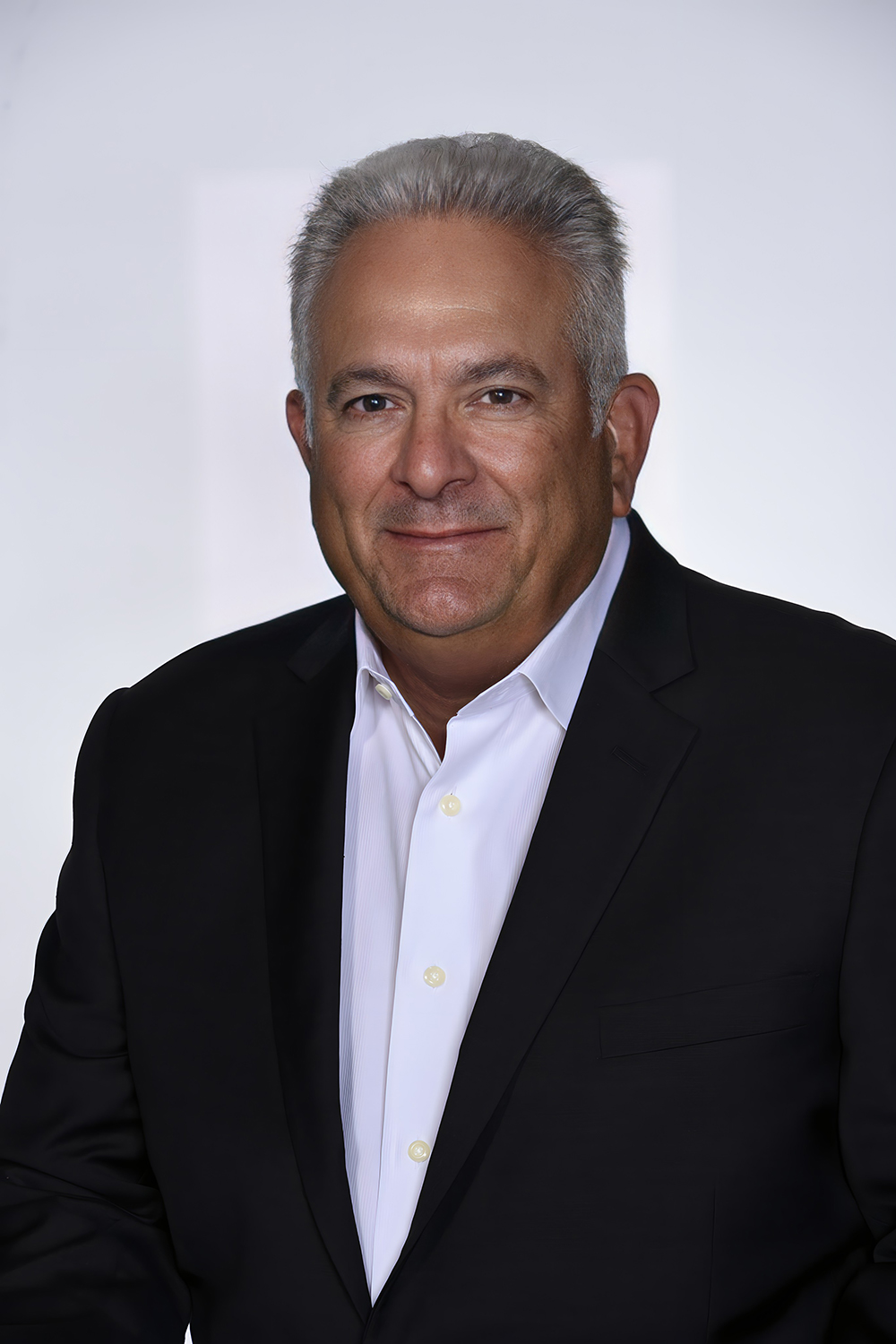A HOMEOSTATIC TALE: "A BRAVE NEW WORLD"
Carlos M. Sera, MBA
September 6, 2015
 One of the great gifts that humans have is the ability to self-regulate. For example, the body’s ability to maintain a constant temperature stems from its ability to self-regulate and is called homeostasis. Unfortunately we have no simple term or way to describe homeostasis in a culture, society, country, etc. We simply call it regulation or self-regulation. Given the recent events and breakdown of regulation in the global banking, investment and mortgage markets, we are facing a brave new world and I am sure it will be a source of much debate over the next few years.
One of the great gifts that humans have is the ability to self-regulate. For example, the body’s ability to maintain a constant temperature stems from its ability to self-regulate and is called homeostasis. Unfortunately we have no simple term or way to describe homeostasis in a culture, society, country, etc. We simply call it regulation or self-regulation. Given the recent events and breakdown of regulation in the global banking, investment and mortgage markets, we are facing a brave new world and I am sure it will be a source of much debate over the next few years.
The term regulation conjures up different meanings to different people. To some it is a positive to others it is a negative. We have all heard that things are too regulated or there isn’t enough regulation. This is not a tale that will speak to either extreme when it comes to regulation. This tale recognizes that there is a range of regulation where it is effective and that we know that moving too far in either direction or moving to extremes is fatal. This is a tale of financial homeostasis.
What do I mean by financial homeostasis? Financial homeostasis is the way that people and businesses have since the dawn of man been self-regulating when it comes to their finances. From an evolutionary perspective we have come too far too fast and we as a body are learning to deal with financial risk. In particular we are learning to deal with credit or risk. We live in a brave new world where access to credit is readily available and until recently it was even available to the un-creditworthy or to the poor business model. When my parents came to this country in the 1950’s if they wanted to buy a house they needed to save 20% of the purchase price in order to make a down payment or they had to have a well-documented credit history so that they would qualify to receive a loan or mortgage. 50 years ago this level of regulation or assessment of a person’s ability to repay what they borrowed was a form of financial homeostasis.
As we move forward through time, when my in-laws moved back to America in the late 1970’s after years in the Foreign Service they were introduced to the concept of the credit card. Many people think the credit card has been around a long time but it hasn’t. 30 years ago the credit card was an oddity and very few people had them. Yet today, I and other parents take their children to freshman orientation at college and credit card companies are offering free pizzas if these young 18 year olds will sign up for their credit card. The credit card is a fact of life, it isn’t going away but its’ correct use runs contrary to the way people are built. It runs contrary to their DNA. It runs contrary to years of evolution where we learned to survive without access to credit. Easy access to credit has temporarily disrupted man’s financial homeostasis. Businesses are no different. Why do I say this?
In the past, when people had to save to make purchases they, you guessed it, saved to make purchases. When a business had to pay for expansion from cash flow and live with the consequences it evaluated business opportunities wisely. The temptation of, buy now or invest now and pay later was not an option. People were regulated by their ability to create capital. It was financial homeostasis. When people reached their golden years or retired they had a set lifestyle and spending pattern that was constrained or regulated by their ability to produce capital over their lifetime.
Access to credit and clever marketing has allowed people to spend more over their lifetime than they can produce. Access to credit and poorly structured compensation schemes allowed corporations to invest in businesses or take risks that the prudent entrepreneur or company founder of old would not have taken. Individually we see this by the drop in the savings rate over the last 30 years since the introduction of the credit card into mainstream society. On a corporate level, we see this by the introduction of the professional executive that is compensated by risk-taking where heads they win and tails society losses. America has gone from a society that would save in order to consume later to one where we consume now and hope for the best tomorrow. The pendulum has swung to an extreme propelled by the force of easy credit access and our inability to delay gratification and poorly structured incentives.
The introduction of access to widespread credit availability has introduced what is called an exogenous variable to our society. Drawing on my science training at Johns Hopkins University, I will go so far as to hypothesize that most people don’t have a debt gene and aren’t well equipped to deal with this new development. Most people don’t cope well with debt. After dealing with countless people over the years I also notice that when people find themselves under the stress of too much debt they exhibit a marked disincentive to work or produce. The need to save is in our gene pool. We know we will age, and we know that we must save for the day that we can’t work. When a person reasons that no matter how hard they work the outcome won’t change this often leads to counterproductive behavior.
Can we escape financial homeostasis either individually or collectively? Can we escape the sins of overspending and over-borrowing? The answer is no to the collective and yes to the individual. Collectively, the pendulum must swing back as we are seeing as of this writing in the fall of 2008. Individually we can learn to manage debt intelligently as so many of these tales try to teach. I am confident that we will make the necessary adaptations to the wise use of credit as we learn to incorporate credit into our DNA. Man always has and always will. Those that are best suited to this brave new world and use credit correctly will be the survivors.
So what is the correct use of credit? The correct use of credit is one where you are not encouraged to consume more than you produce. The correct use of credit means paying your bills in full and on time. If you look at your credit card balance and you can’t make payments in full and on time you are spending more than you should and you need to purge credit from your life. If you are familiar with a debit card I encourage you to use one. Make sure it is one that doesn’t let you spend more than you have in your account otherwise it defeats the purpose. A good tale to read for those that are in a credit mess is A Green Tale. It shows how a couple was able to overcome the lure of easy credit and a lifestyle that was beyond their ability.
In summary, the credit card as well as easy access to credit has changed the idea of saving or delaying gratification. Through the widespread availability of credit we have found a way to allow instant gratification where it was not possible before. This is a mind-boggling concept. We as humans lived in societies that had a built-in regulatory system when it came to our finances. It kept us from overspending and now it is gone. We are now responsible for not only spending what we have but what we don’t have. Prior generations didn’t have this responsibility. They didn’t have a choice. We do. We are a buy now and hope we can pay later society.
In closing, the notion that a college freshman that is dependent on their parents for money is credit-worthy is insidious to say the least. If I were a college administratorI would forbid credit card solicitors from stepping foot on my campus. Nevertheless it is a fact of life. The lure of easy credit is like the siren call. It sounds so sweet at first but it will surely kill you if you listen. The siren call goes out earlier and earlier to the young and this tale won’t change anything I suspect. But for the few that it touches, learn to deal with it or you are in trouble.
(Note: This tale was written Nov. 13, 2008. Credit Card Companies are no longer allowed on college campuses.)
Categories
Strategize Your Success

